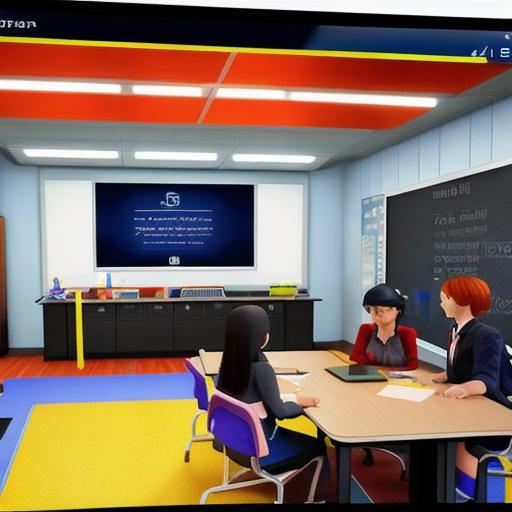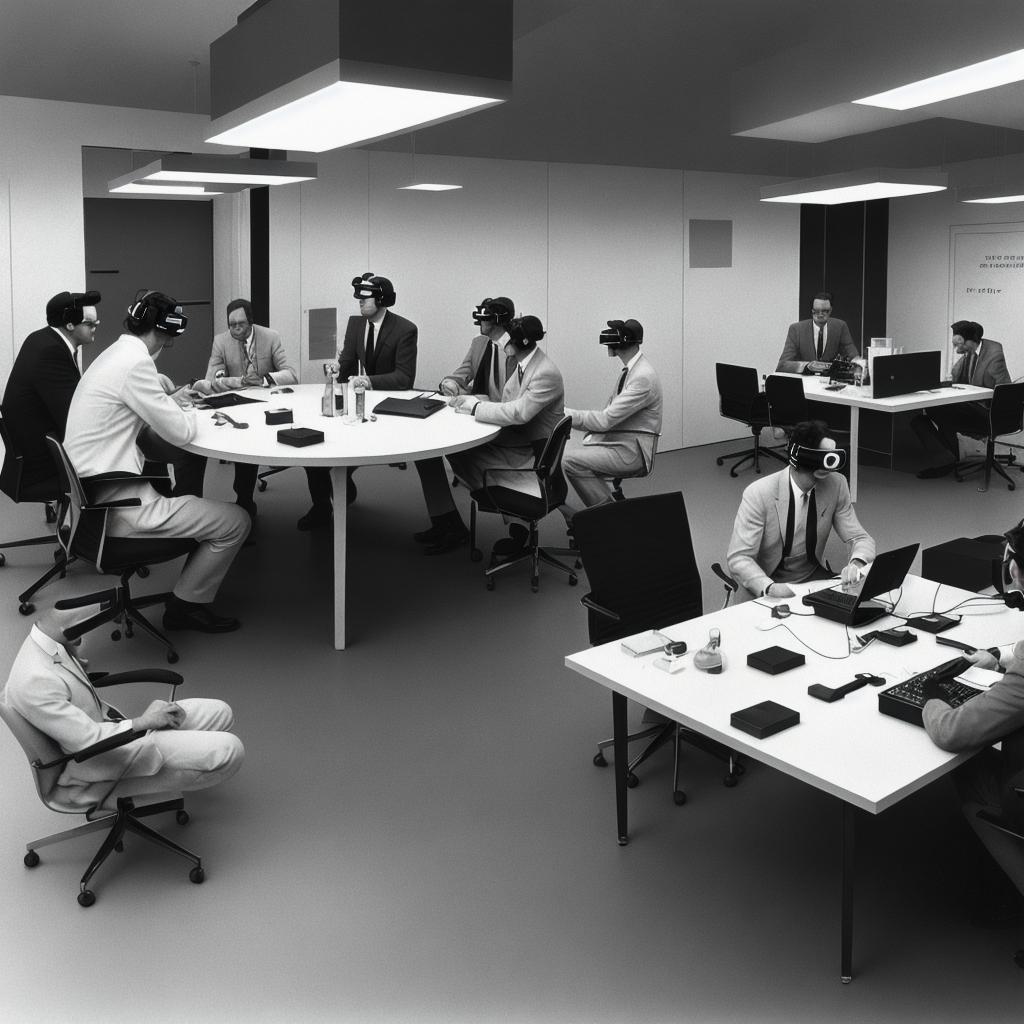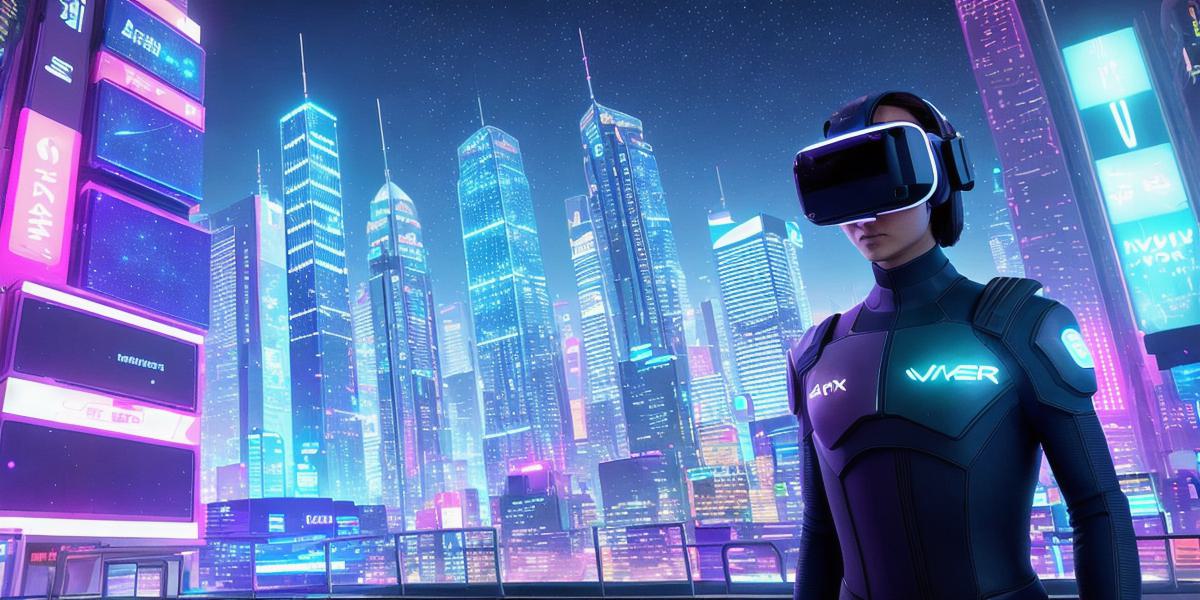What is the History Behind the Creation of the Metaverse?
The term "metaverse" was coined by science fiction author Neal Stephenson in his 1992 novel, Snow Crash. In the book, he described a virtual reality space where users could interact with each other and digital objects. However, the concept of a shared, immersive digital environment predates this literary work.
**Early Beginnings: Virtual Reality and Augmented Reality**
The roots of the metaverse can be traced back to the late 1960s with the invention of virtual reality (VR) technology. In the 1980s, researchers at universities and companies began exploring VR applications in fields like education, training, and entertainment.
Meanwhile, augmented reality (AR), which overlays digital information onto the physical world, also gained traction. In 2000, the term "metaverse" was used by author Philip Rosedale to describe his vision for a virtual world called Second Life, which allowed users to create their own avatars and build virtual environments.
The Rise of Virtual Worlds

During the late 1990s and early 2000s, several other virtual worlds emerged, including Linden Lab’s Second Life, There.com, and ActiveWorlds. These platforms enabled users to interact in real time, socialize, and even conduct business transactions using digital currencies.
**The Metaverse Goes Mainstream: Facebook and Others**
In 2014, Facebook CEO Mark Zuckerberg announced that the company was pivoting towards becoming a "meta-platform" for virtual and augmented reality experiences. In 2019, he introduced the Oculus Quest 2 VR headset and unveiled his vision of the metaverse as an immersive digital space where people can work, play, and socialize.
Several other tech giants, such as Microsoft (with its Mixed Reality headsets), Google, and Apple, have also entered the metaverse race, investing billions in developing their VR and AR technologies.

**Conclusion: A Digital World Reimagined**
From humble beginnings in science fiction to cutting-edge technology, the metaverse has evolved into a digital space where people can interact with each other, build communities, and explore new possibilities. As this technology continues to advance, we’ll likely see more applications in fields like education, healthcare, and entertainment, ultimately transforming the way we live, work, and play.
**Exploring the Metaverse: Your Next Adventure**
If you’re curious about the metaverse, consider trying out a virtual world or VR platform yourself. You might find that it opens up new opportunities for creativity, connection, and exploration.
